Choosing a career in medicine is choosing to be busy almost all the time – even overwhelmed. This intensive schedule begins during medical school. Our Master of Science in Medical Science (MSMS) students have the opportunity to understand how demanding medical school will be, thanks to a curriculum that mirrors the first year of pre-clinical classes at an LCME-accredited institution.
Trying to master all your coursework without a strategy is a recipe for burnout. In this article, we look at tactics you can use to organize your days, optimize your study time, and make the most of every hour in the day during your MSMS – and beyond.
Schedule Your Study Time Backwards
Once you have your course syllabi for the upcoming term, you should start plugging key dates into your preferred scheduling tool: exams, projects, and papers. Then, work backward from each one to block out preparation time. For example, you might plan three study sessions per week to prepare for an exam, or plan to complete two stages of a project or paper each week (e.g., conducting research, creating an outline, or meeting with collaborators to compare drafts).
Planning out study and project completion time like this helps you in several ways:
- You take advantage of the proven benefits of spaced repetition for building stronger recall of material
- You make large projects more manageable
- You give yourself multiple opportunities to clarify your thinking for a project or paper
- You give yourself time to seek help with questions that arise
How long should you study on a given day? Focused attention varies from person to person, but studies seem to suggest that 60 to 90 minutes is the maximum amount of time someone can work on a single task without needing a (short, timed) break. So, you might block out two or three hour-long study sessions per day, and dedicate each one to a different class or project, with a 10-minute break between each.
Schedule Everything
Once you have your study time blocked out, fill in the rest of your obligations. These can include:
- Exercise, meditation or another self-care practice
- Meals (including preparation time)
- Housecleaning or chores
- Social time with friends or family
- Child care or other family obligations (such as taking an older relative to appointments)
- Commuting to and from class
- Six to eight hours of sleep
You will also want to do some micro-scheduling. Before each study session, for example, write down the three main things you need to review, and check them off as you review them.
Find Ways to Free Up Space
Your planner will be looking very full at this point. You’ll need to make some space so that you have time to take breaks (or just space to have slack in your day if things take longer than expected). Consider whether you can combine or consolidate some tasks.
For example, spending three hours prepping meals for yourself on Sunday can save you cooking time during the week (it also means you have more control over your diet). So too can choosing and hanging up your outfits for the week – former President Barack Obama famously had two colors of suit in his wardrobe to reduce the amount of time he spent deciding what to wear.
You may also want to consider an active commute to class if that’s an option for you – walking, cycling, or running to campus (provided there’s changing facilities) can help you work physical activity into your day without having to block out separate time for it.
Finally, think about what you can delegate. Can you step back from housecleaning duties during your studies? If you can’t let it go completely, accept that it has to be deprioritized, and build in a half-hour a day to spend on one part of your living space.
Identify and Reduce Procrastination Opportunities
A technology-driven society is a distracted society. The proliferation of screens we encounter during our daily lives seems to be eroding our collective attention span – a 2023 article on the CNN website reports that some people may only be able to concentrate on one screen for around 47 seconds at a time.
If you’ve ever opened a news website to quickly check a football score, and then realized an hour later that you are arguing with a stranger in the comments about your team’s defensive strategy, do yourself a favor. When it’s time to study, turn off notifications on your phone (put it out of sight, if you can), and use a website blocker to restrict the pages you can visit.
For non-digital procrastination, consider using an Eisenhower box. This is a self-assessment tool that can help you prioritize your tasks for the day. Divide your to-dos among the following categories:
- Urgent and important – focus on these tasks immediately
- Important but not urgent – plan to take care of these tasks soon
- Urgent but not important – delegate these tasks if possible
- Not urgent and not important – drop or delegate these tasks
This worksheet from the Hofstra University School of Medicine shows how you might use an Eisenhower Box to identify where you’re wasting time.
Regularly Review and Reassess Your Schedule
The best plan is one that you can stick to. Regularly go through your upcoming to-do list and ask yourself whether it’s realistic and sustainable. Ask yourself:
- Do your activities consistently take more (or less) time than you planned?
- Are there scheduled items that consistently wind up canceled or moved?
- Are you underestimating your procrastination habits?
- Are you making enough time for breaks?
Answering “yes” to any of these questions means that your schedule needs to be revised. Don’t feel bad about revising your plan – reflective self-assessment is an important quality to have as a medical professional. Embrace the rigorous year ahead with confidence, knowing that your dedication to continuous improvement will lead to achievement and fulfillment in your medical career.



